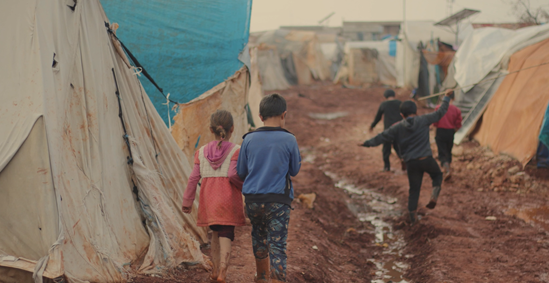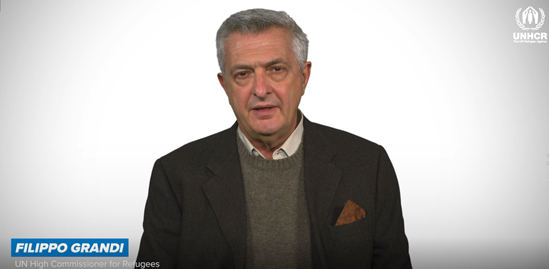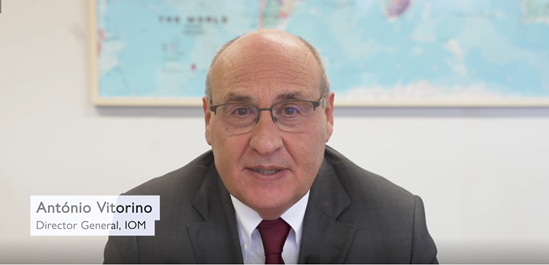
World report on the health of refugees and migrants
Health for all, including refugees and migrants: time to act now
A global snapshot of the health of refugees and migrants worldwide
At no time have more people been on the move. Yet, many refugees and migrants around the world face poorer health outcomes than those from the host communities.
The health risks differ across regions, phases of migration, and many factors including migratory status, sex or age. Their health outcomes are determined by a whole host of reasons – precarious legal status, discrimination, social, cultural, linguistic, administrative and financial barriers, a lack of information about health entitlements, low health literacy or fear of detention and deportation.
The World report on the health of refugees and migrants, the first of its kind, brings together key evidence about the multitude of health challenges faced by refugees and migrants along their journeys, and presents key information about trends, gaps, and good practices in protecting and promoting the health of refugees and migrants worldwide.

World report on the health of refugees and migrants
Health does not begin or end at a country’s border.
It is time to act now
Addressing the health needs related to moving populations is a global health priority and integral to public health principles, including the right to health for all. Migration and displacement continue to grow. To maintain and strengthen the health systems, we must ensure refugee and migrant sensitive and inclusive health systems so that they don’t become the weakest link.
The first WHO World report on the health of refugees and migrants outlines current and future opportunities and challenges and provides several strategies to improve the health and wellbeing of refugees and migrants. It is an advocacy tool for health and social protection policymakers, researchers, humanitarian aid professionals and practitioners, and non-governmental organizations involved in humanitarian aid, gender, health, or migration.
Data and evidence on health of refugees and migrants remain fragmented – there is a dire need for comparable data across countries and over time so that we assess and track progress towards the health-related Sustainable Development Goals. We must pay close attention to strengthening policies and simultaneously turn existing policies into effective programming on the ground with measurable impacts. With only eight years to go to the 2030 target date of transforming our world, it is time to act now.




